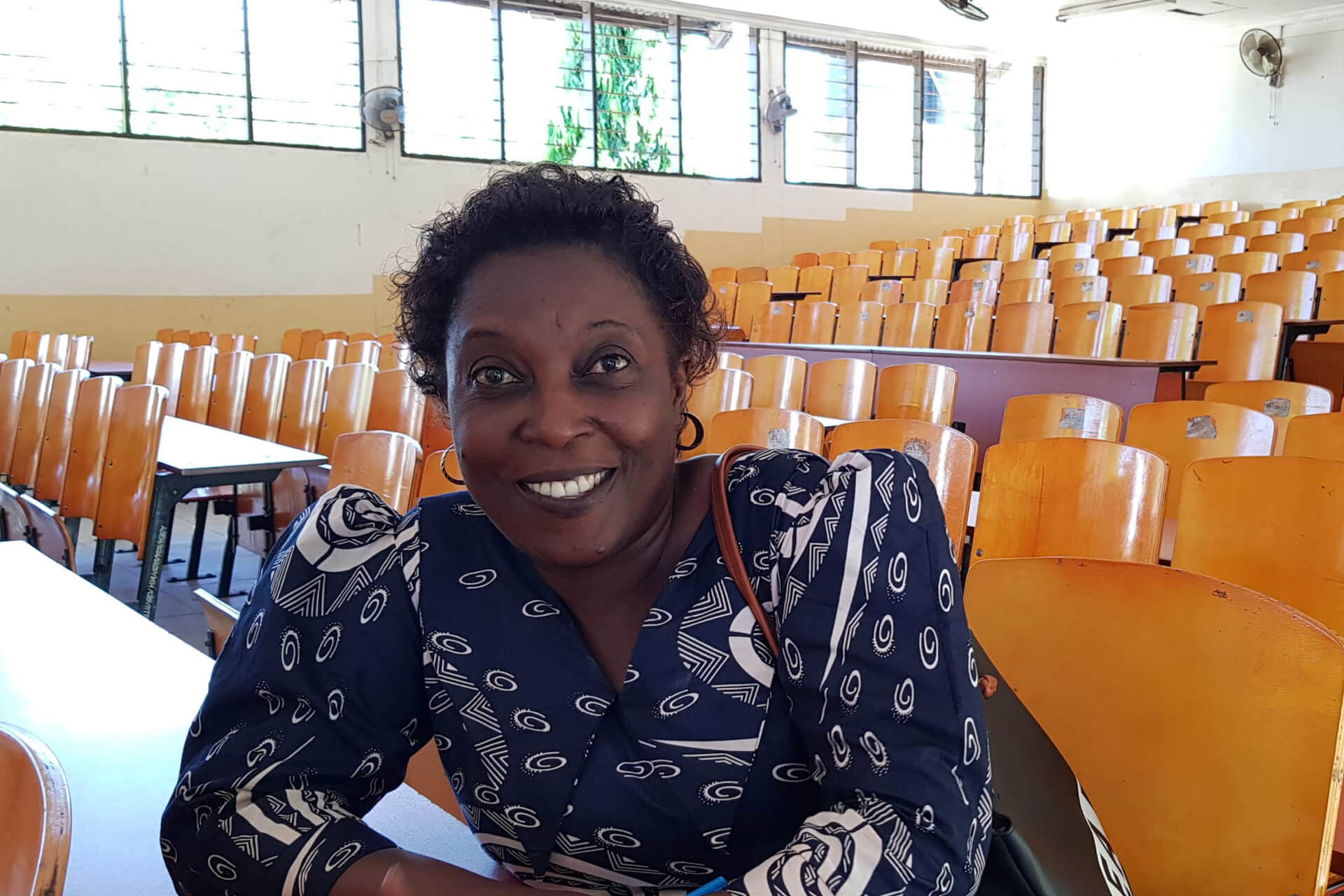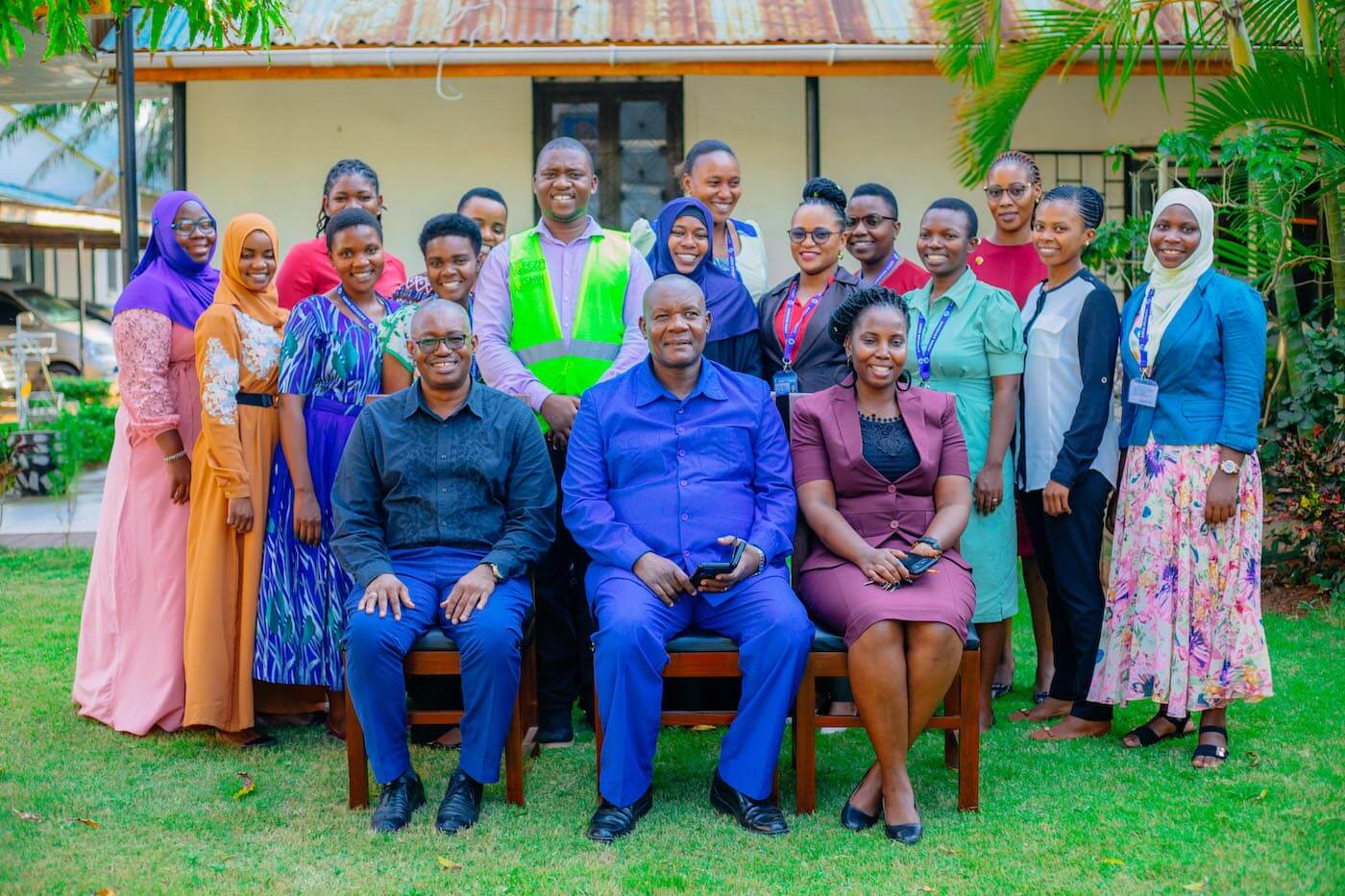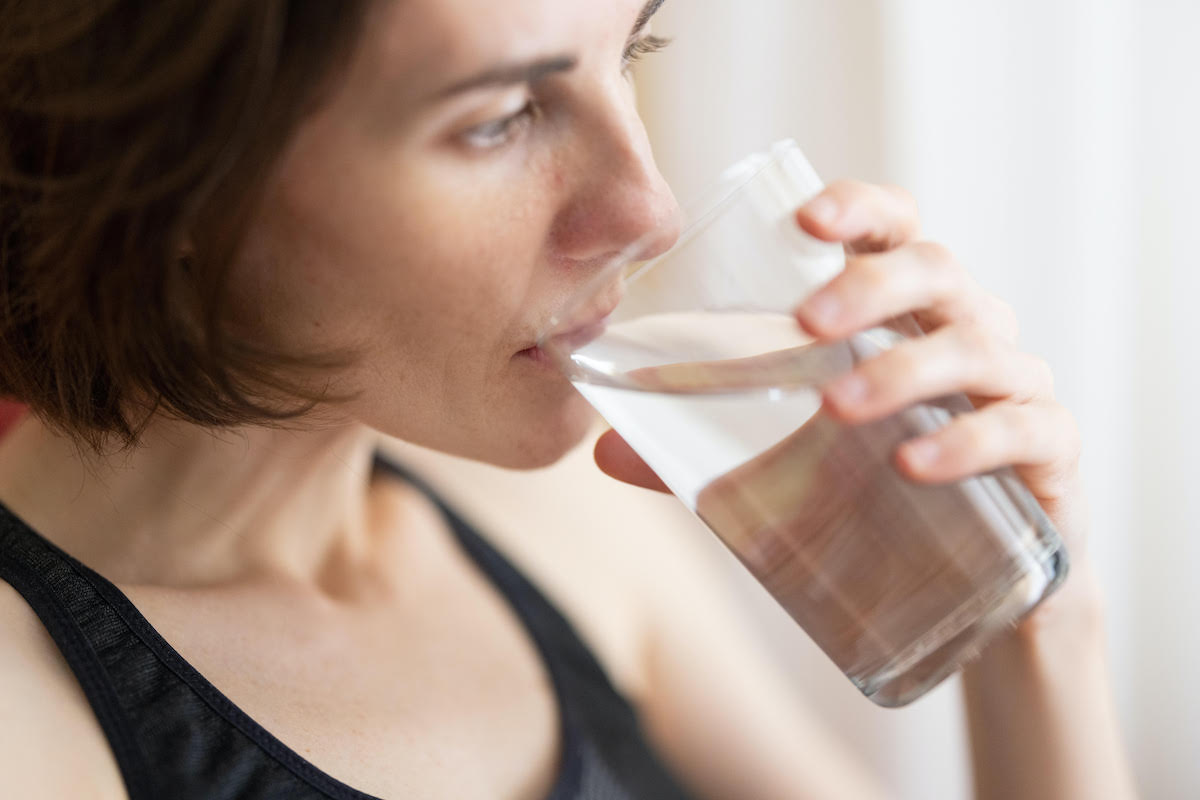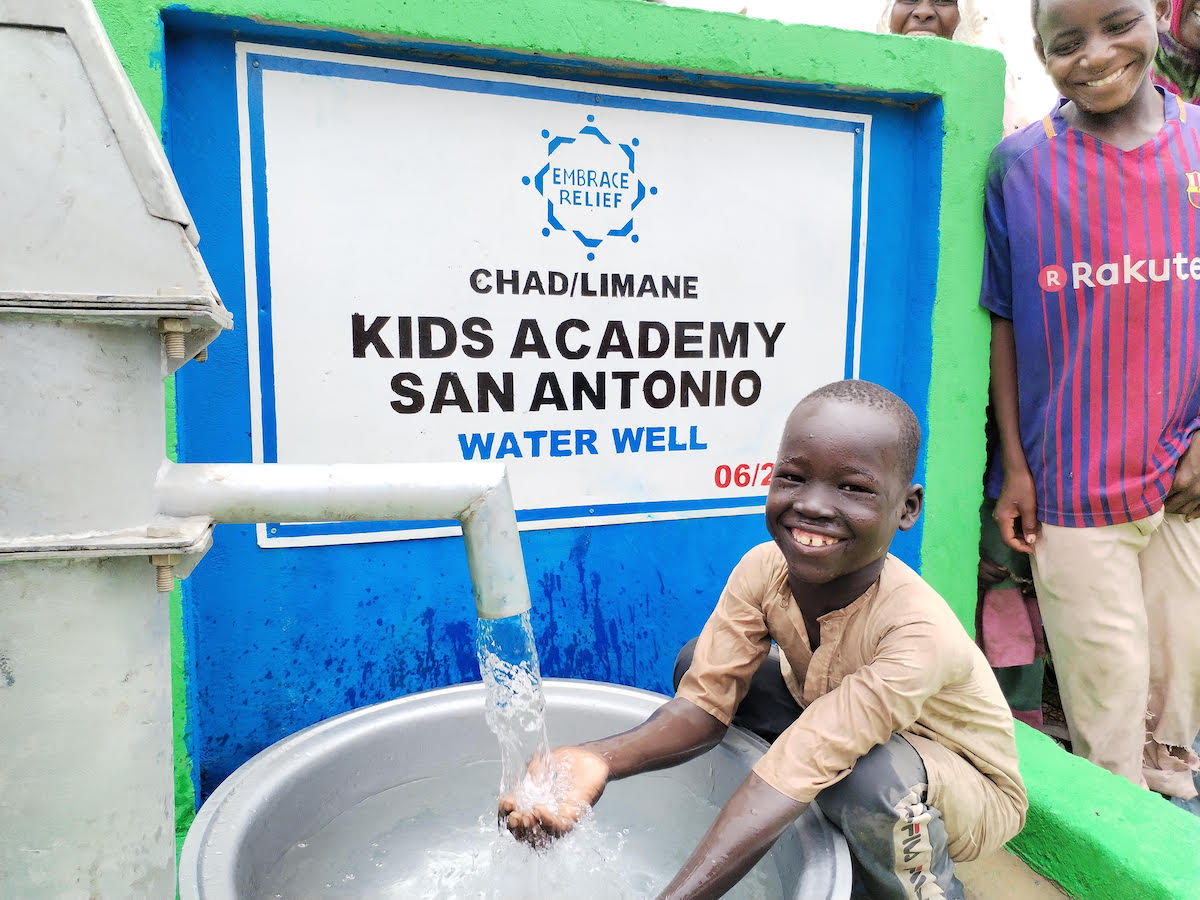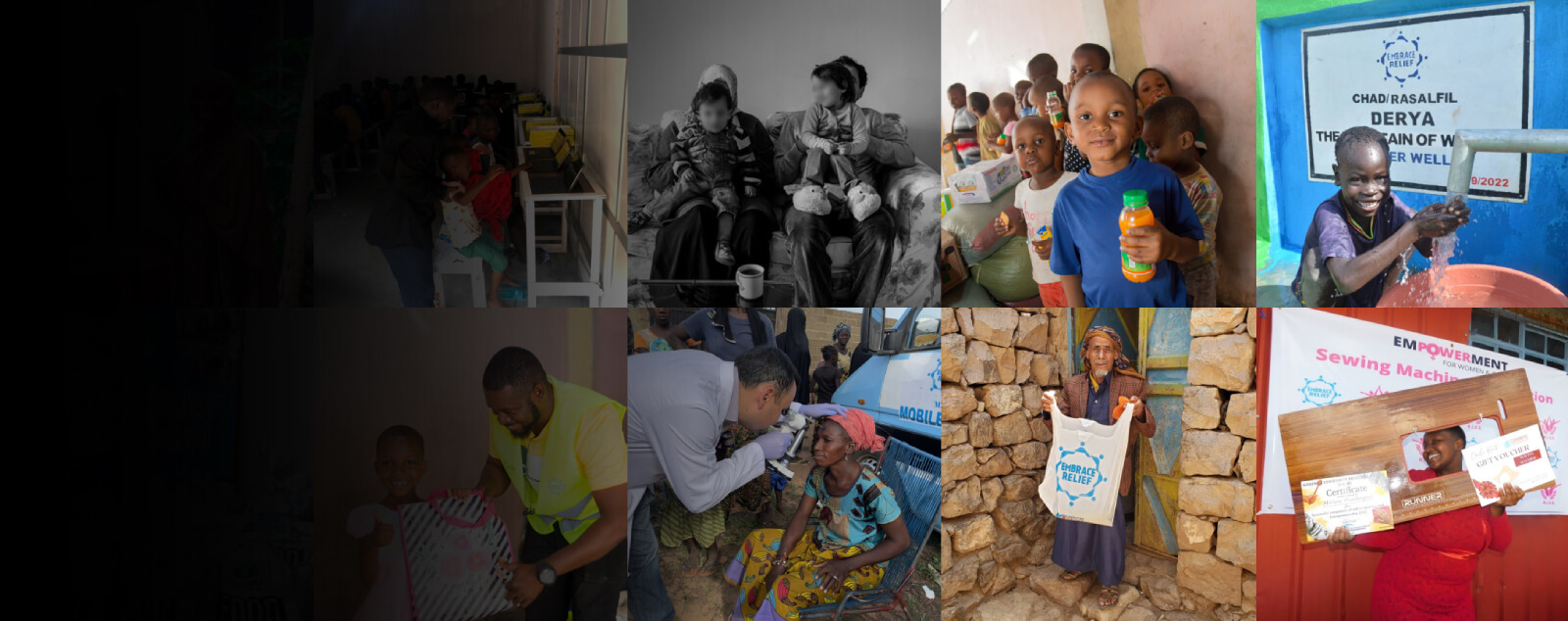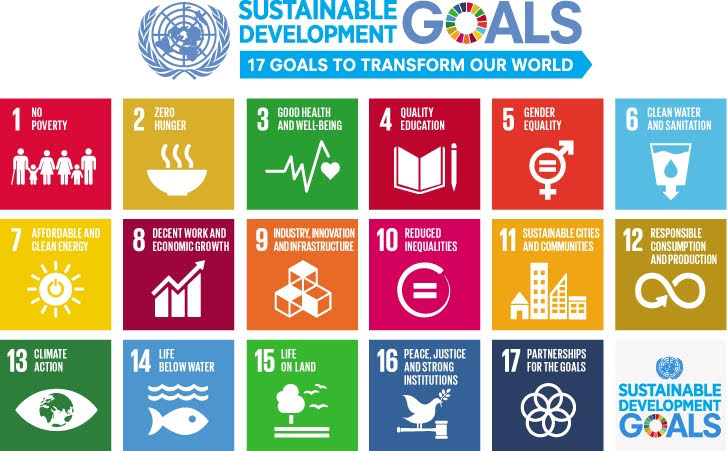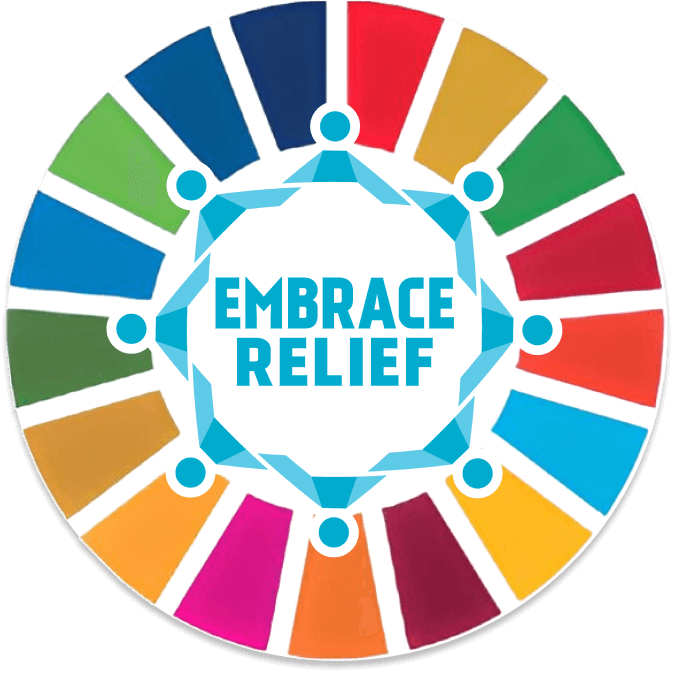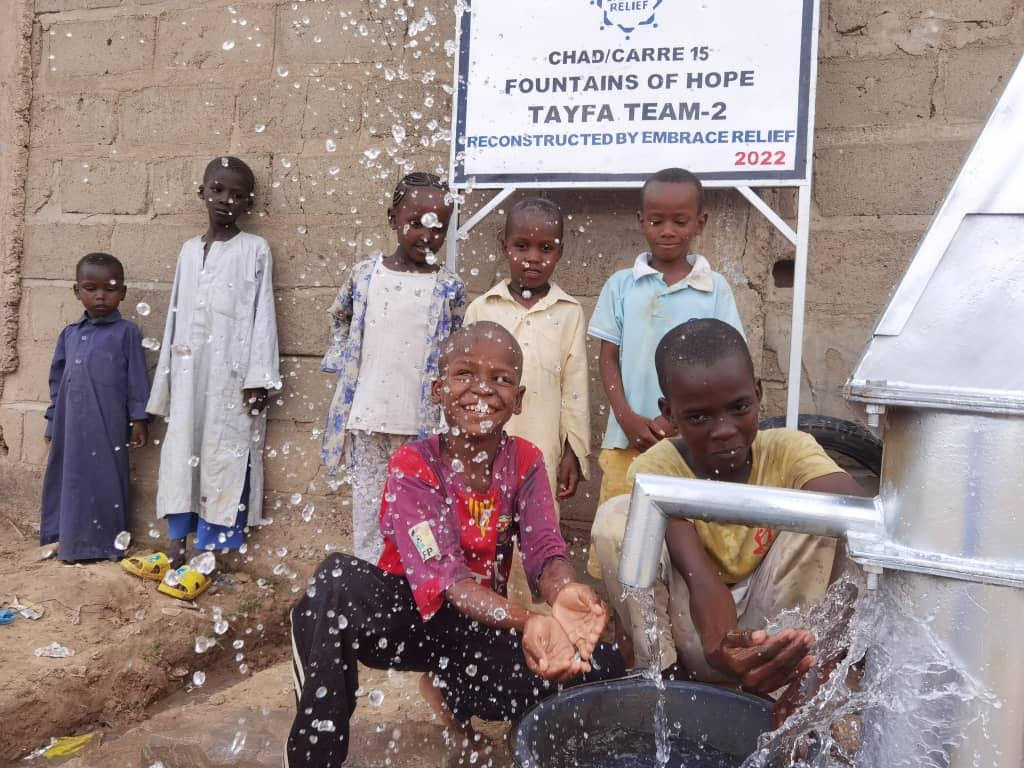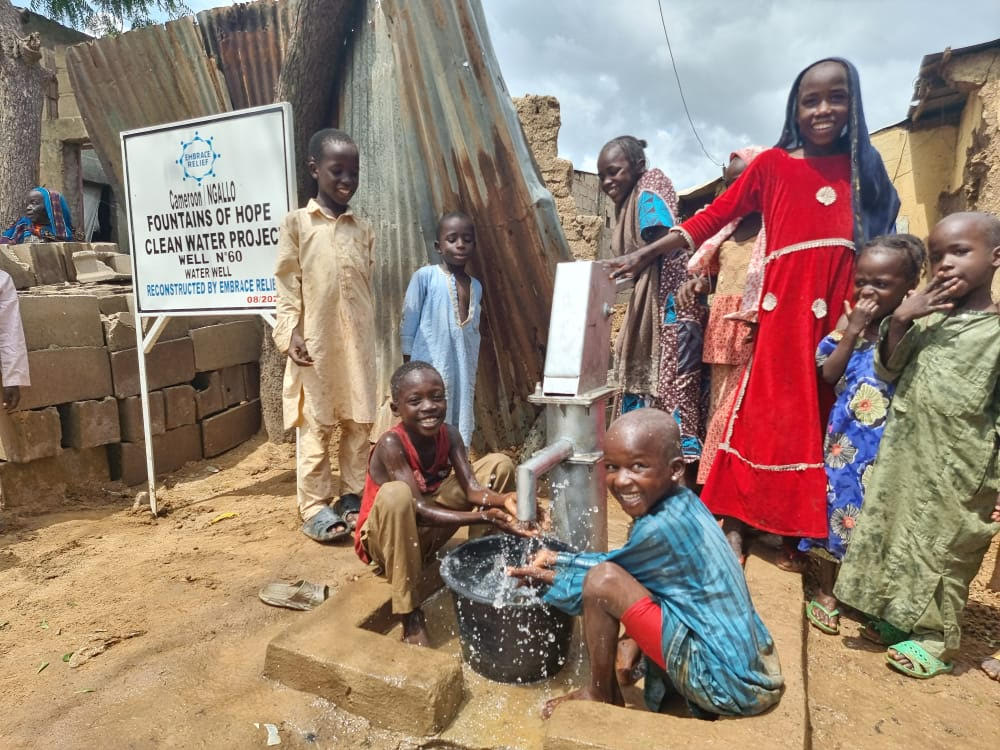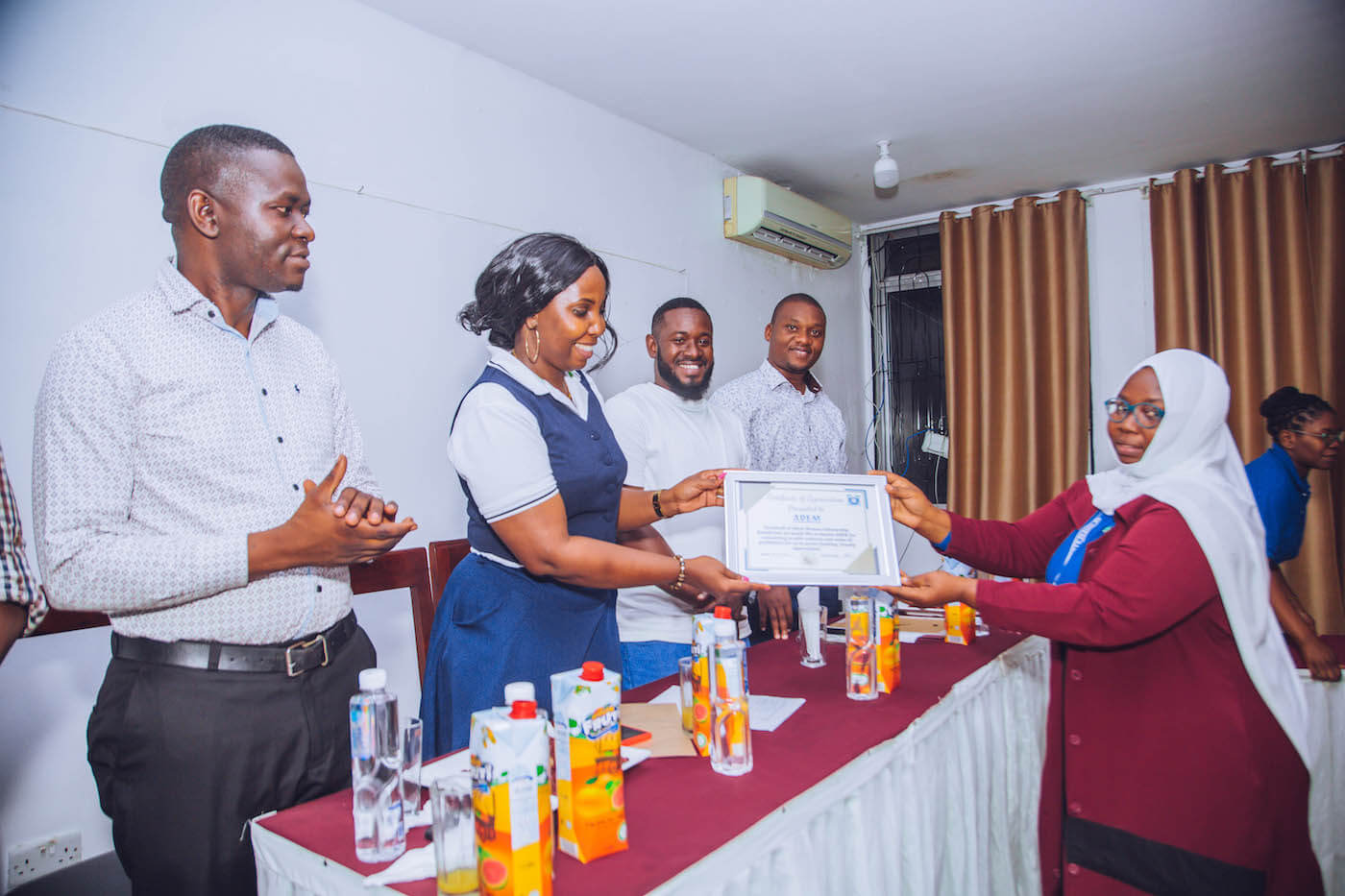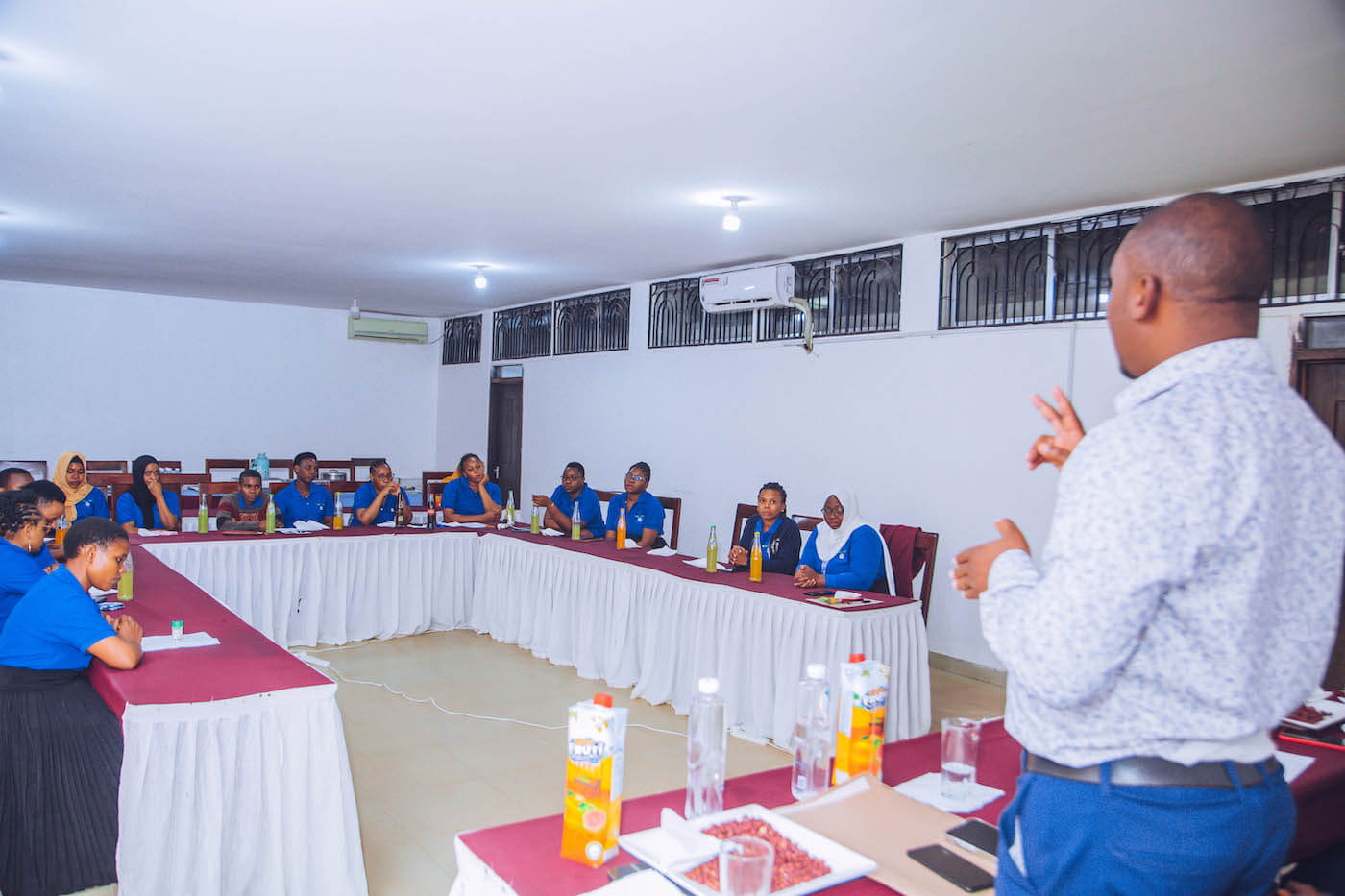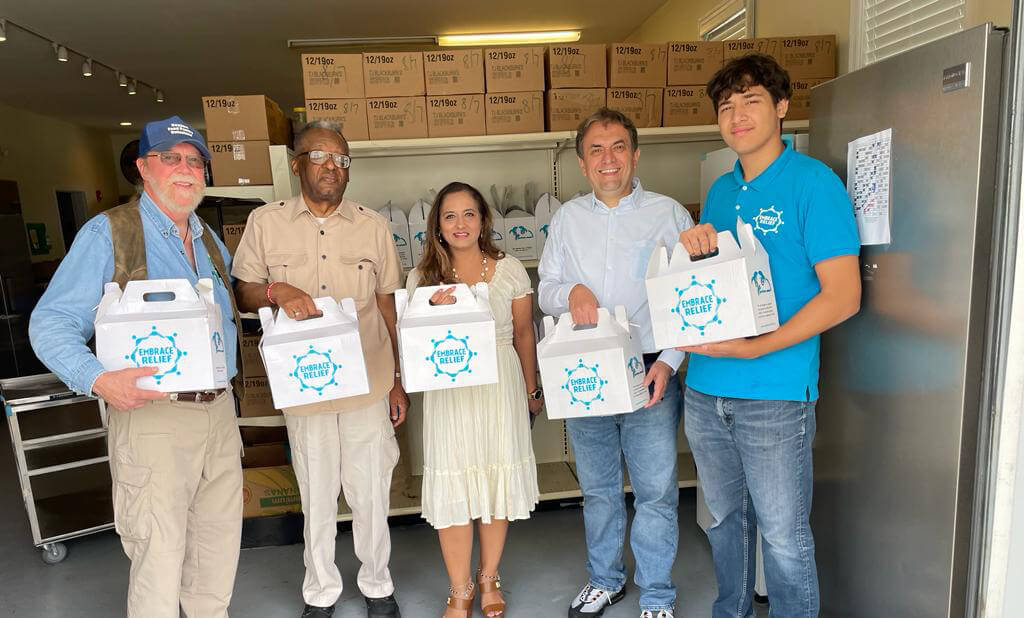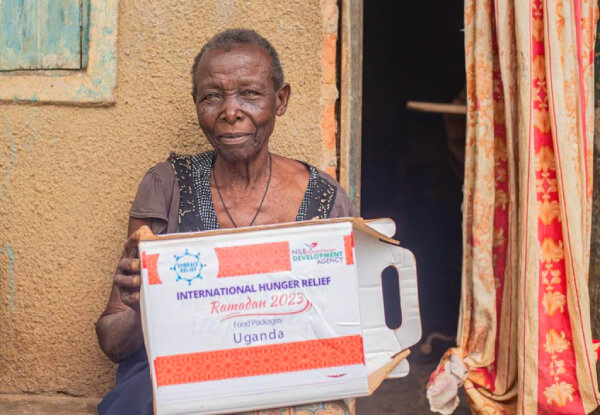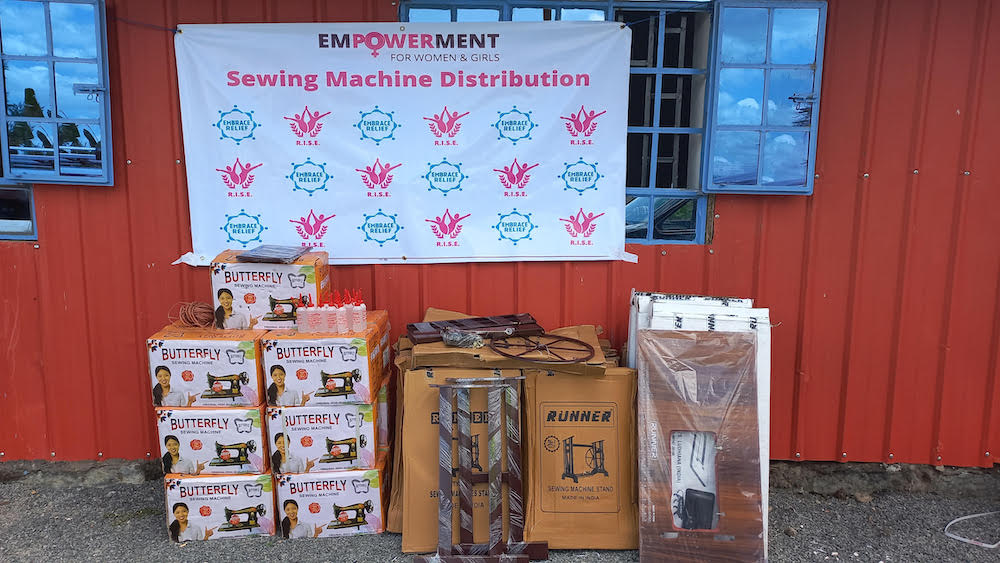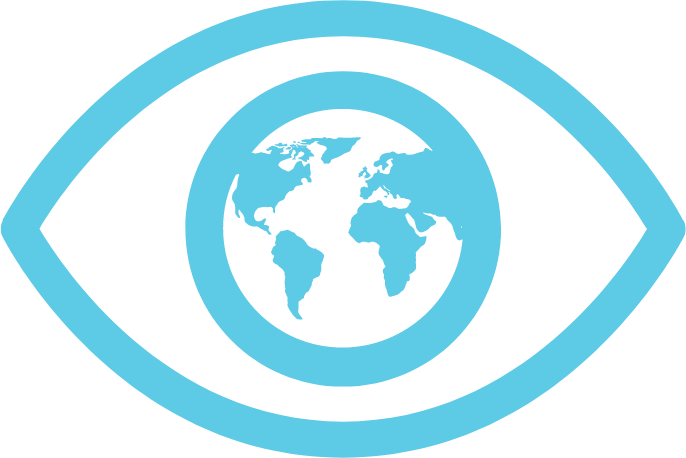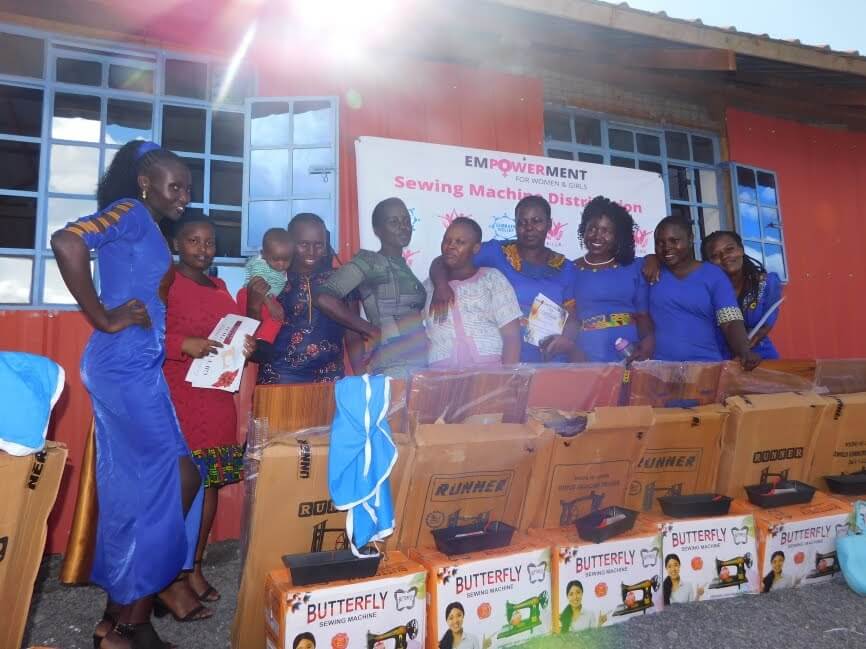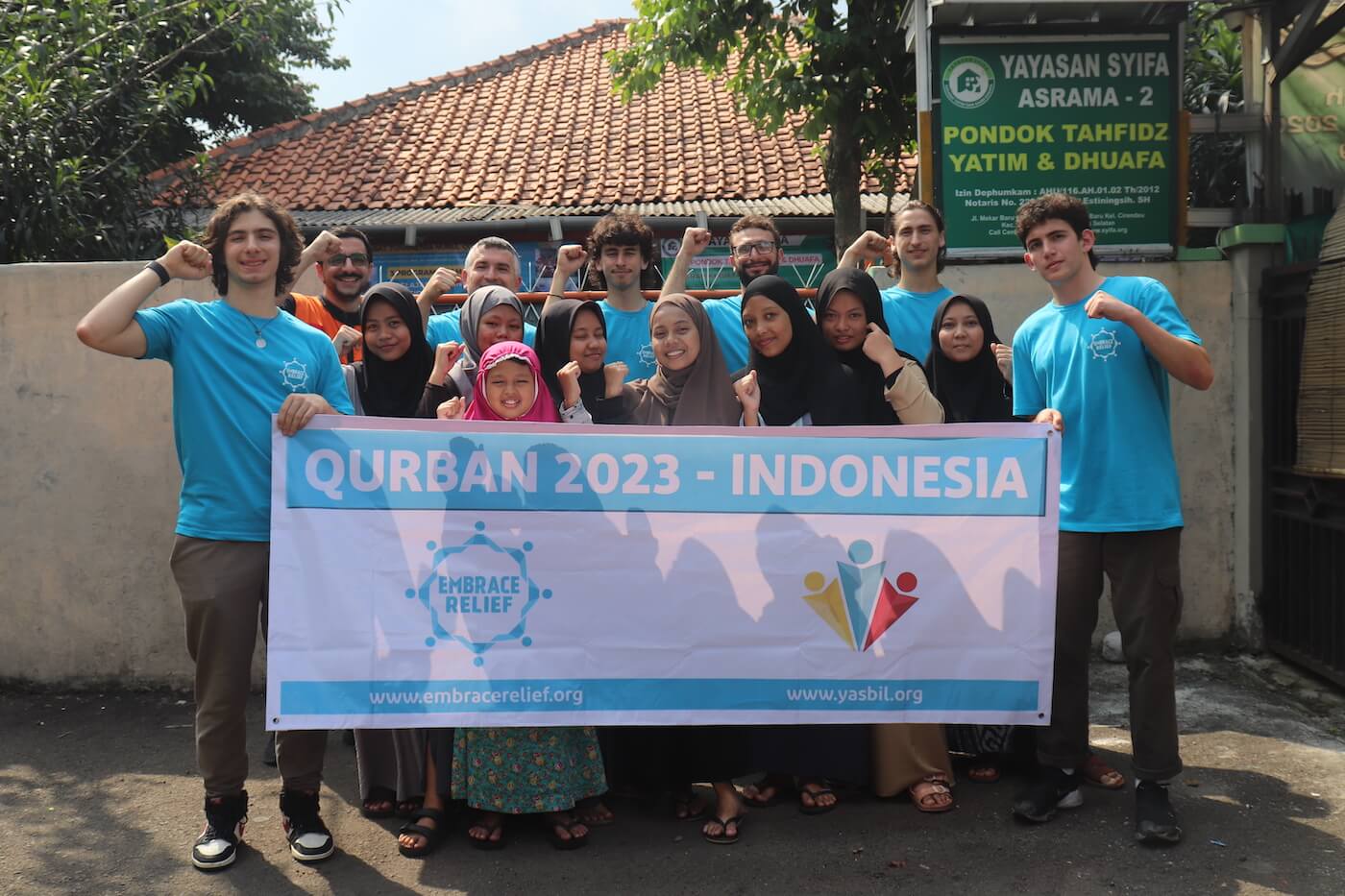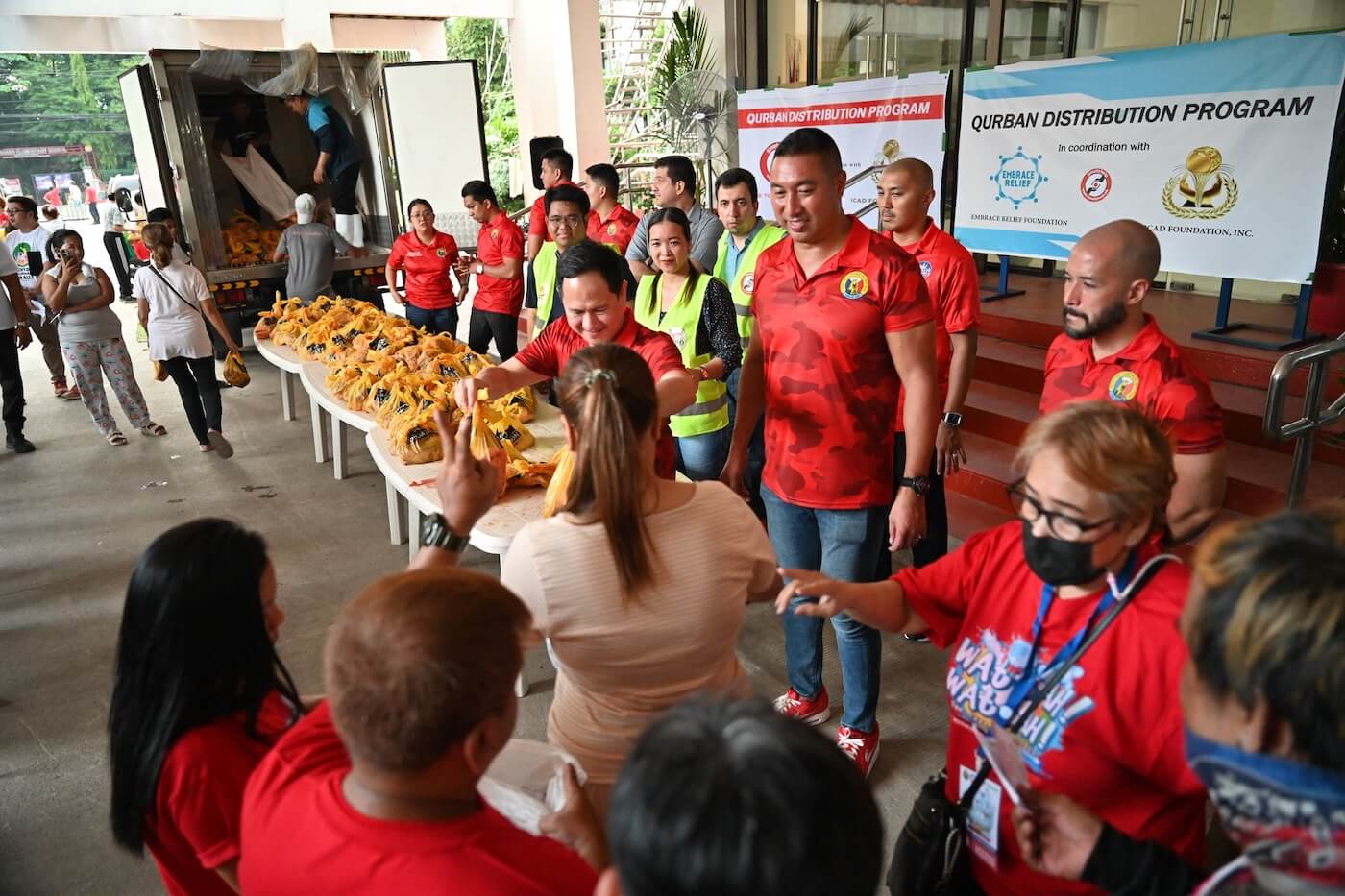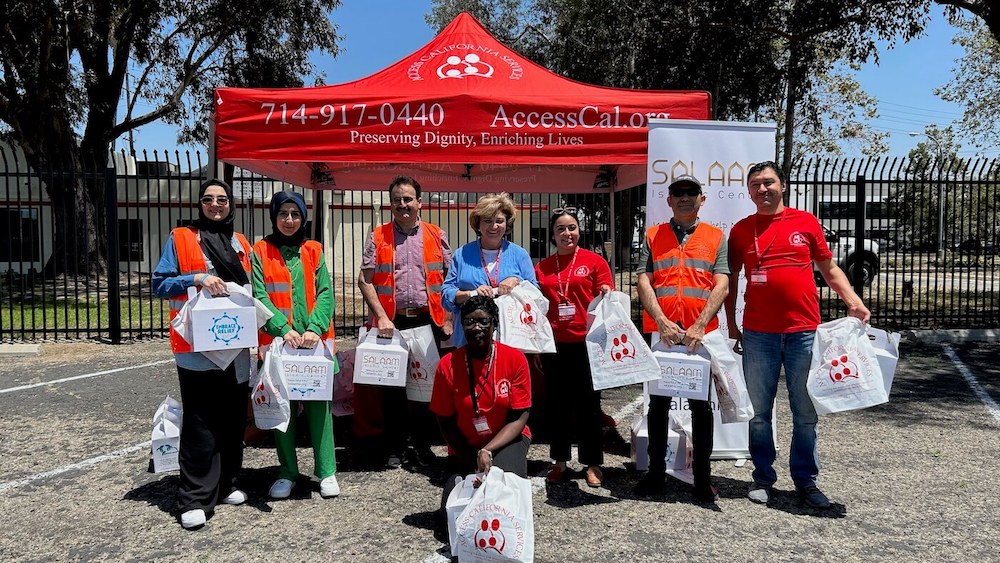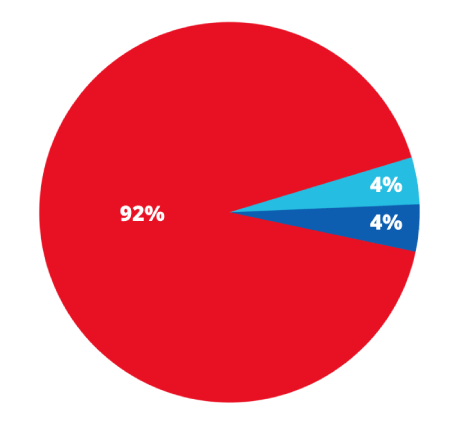Summary
- Gender equality is fundamental to human rights, development and progress, and its achievement is enshrined as United Nations Sustainable Development Goal 5.
- When women are empowered with the skills and tools they need to become leaders, society benefits economically and socially.
- Join Embrace Relief in advancing gender equality by supporting our R.I.S.E. program in Tanzania, which provides advanced education to talented educators seeking to become decision-makers in their field.
Gender equality, a fundamental principle of human rights, is the cornerstone of progress and prosperity. It encompasses the vision of a world where all individuals, regardless of their gender, enjoy equal opportunities and rights. United Nations Sustainable Development Goal 5, aptly named “Gender Equality” encapsulates this vision, emphasizing the urgent need to address gender disparities and to empower women and girls on a global scale.
SDG 5 represents not only a moral imperative but also an essential driver for the development of the world. Gender equality is not merely about fairness; it is about harnessing the full potential of half of the world’s population to create a more prosperous, peaceful, and sustainable future.
The importance of making progress towards this goal by 2030 cannot be overstated. Gender-based discrimination and inequality persist in many parts of the world, limiting opportunities for women and girls in education, employment, healthcare, and political participation. As with nearly all of the SDGs, achieving gender equality is linked with the success of several of the other 16 goals set down by the UN. Here is why SDG 5 is pivotal to global development:
- Economic growth: Gender equality is closely linked to economic growth. When women are empowered and have equal access to education and employment opportunities, economies thrive. Reports by McKinsey suggest that achieving gender parity in the workforce could add an estimated $12 trillion to global GDP by 2025, with African countries alone seeing a 10 percent average boost in GDP. Women’s participation in the workforce fosters innovation, diversity, and entrepreneurship.
- Poverty alleviation: Gender inequality exacerbates poverty. By empowering women economically, we can reduce poverty rates significantly. Women often invest more of their income in their families’ health, education, and well-being, thereby breaking cycles of intergenerational poverty.
- Education: Education is a powerful tool for gender equality. Ensuring that girls have the same educational opportunities as boys not only empowers them but also benefits society as a whole. Educated women are more likely to make informed decisions about family planning, health, and nutrition, contributing to healthier communities.
- Health and Well-being: Access to healthcare and reproductive rights are integral to gender equality. Ensuring that women have control over their reproductive health and well-being is essential for reducing maternal mortality rates and addressing public health challenges.
- Leadership representation: Women’s participation in decision-making processes, both in governments and the business world, is crucial for creating inclusive policies that benefit all members of society. Achieving gender parity in leadership roles can lead to more equitable and effective governance.
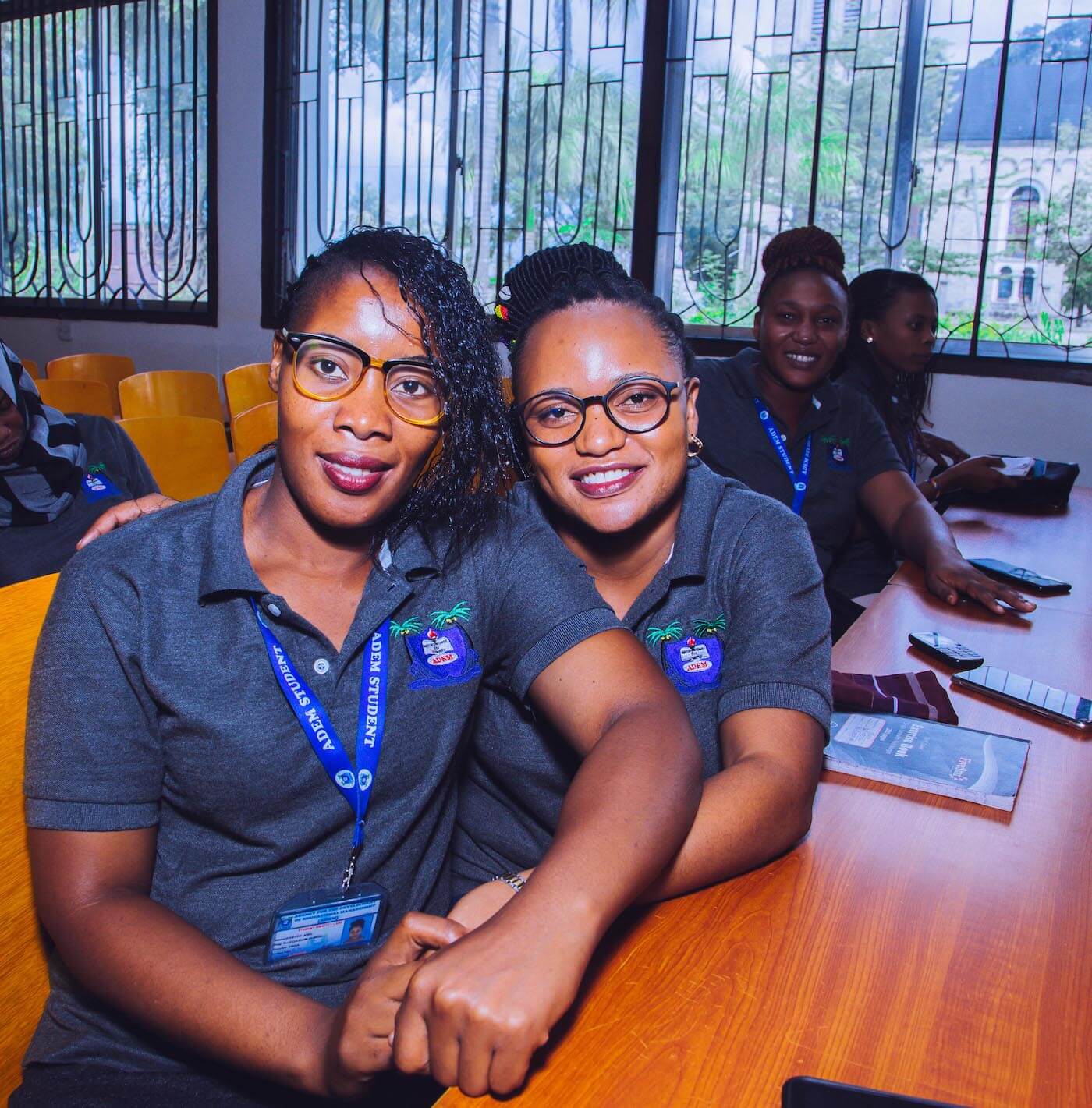
How women leaders can drive progress
We know that there is no limit to what women can achieve when they are empowered. Providing opportunities for women to become leaders is of paramount importance in achieving Sustainable Development Goal 5. Women’s leadership is instrumental in driving progress toward gender equality and fostering a more equitable and sustainable world.
Firstly, women in leadership positions bring diverse perspectives to decision-making processes, resulting in more balanced and inclusive policies and programs. This diversity of thought enhances the effectiveness of governance, institutions, and organizations, addressing the unique needs and challenges faced by women and marginalized groups.
Secondly, women leaders serve as role models, inspiring and encouraging other women and girls to pursue leadership roles and break gender stereotypes. Their presence in positions of power challenges deeply ingrained biases and stereotypes, contributing to a cultural shift towards gender parity.
Moreover, women leaders can prioritize gender-specific issues and advocate for policies that promote equal access to education, healthcare, economic opportunities, and reproductive rights. Their advocacy can lead to legislative and societal changes that advance gender equality on multiple fronts.
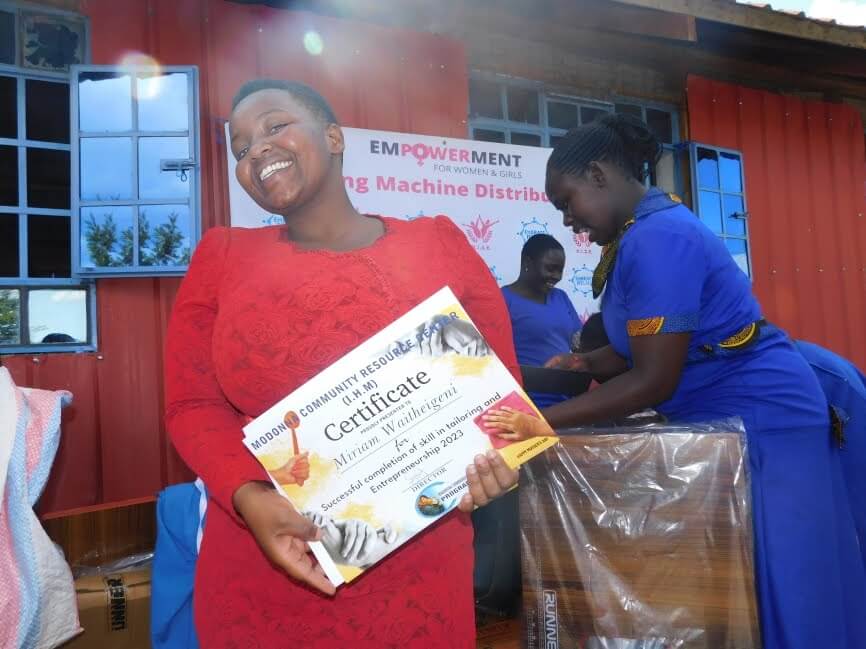
Lastly, women’s leadership fosters economic growth and stability by harnessing the untapped potential of women in the workforce. Closing the gender gap in employment and leadership roles can boost productivity and innovation, contributing to the achievement of broader development goals.
Women’s leadership enhances representation, promotes diversity, and drives policy changes critical to achieving gender equality and sustainable development. It is a catalyst for progress that benefits society as a whole.
How you can help Embrace Relief train the next generation of women leaders in Tanzania
Here at Embrace Relief, providing opportunities for women to help spur development and achieve UN SDG 5 is a fundamental aspect of our mission. In Tanzania, we are helping to train the next generation of leaders in education through our “Reach. Inspire. Support. Educate.” (R.I.S.E.) scholarship program, which sponsors advanced education for talented educators.
Through R.I.S.E., we are providing skill training and development that will allow women to ascend into leadership roles in Tanzania’s male-dominated educational system, giving them a chance to make a tangible, long-term impact on their society. In its own way, R.I.S.E. is helping to provide the foundation for generations of future development in Tanzania.
Our first class of 24 R.I.S.E. graduates completed their degrees in May 2023, and we welcomed our second class in the fall of 2023. For those high-achieving women selected to take part in this program, it is a life-changing opportunity. But R.I.S.E. is also an opportunity for generous people like you to make a real contribution towards fostering women’s empowerment and gender equality.
Donate to R.I.S.E. in the box below and help bring us one step closer to a more equal world. Your donation directly supports tuition, health insurance, books, transportation and meals for each of the 24 students. Every $100 donated to this program can empower another woman to unleash her potential, making her life – and the world – better for it.
